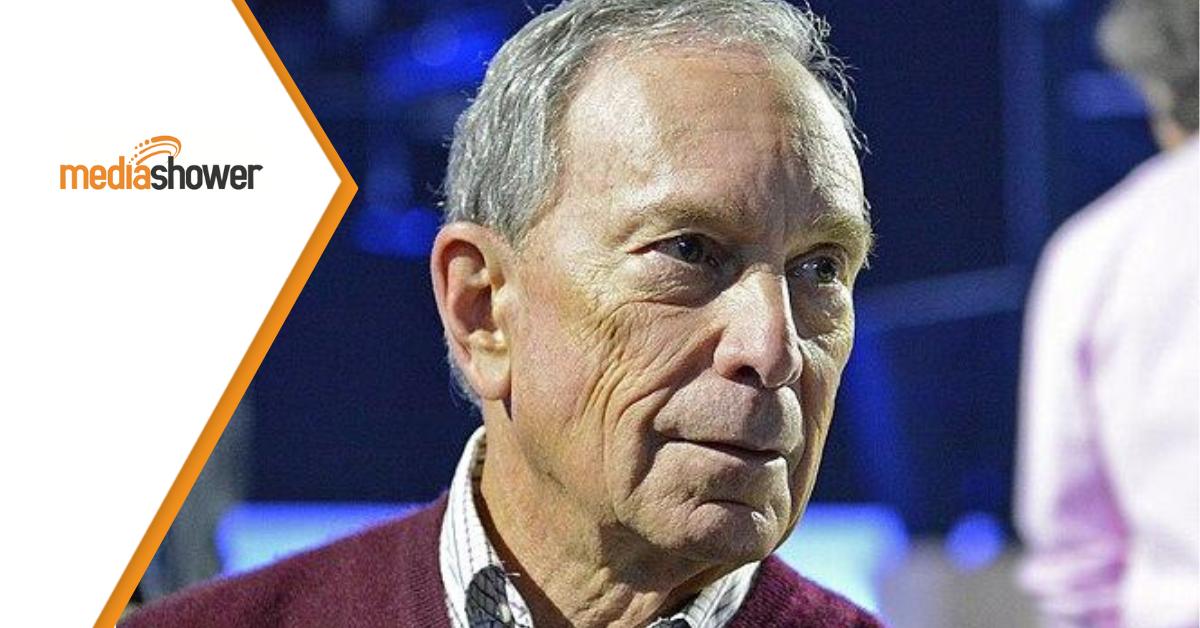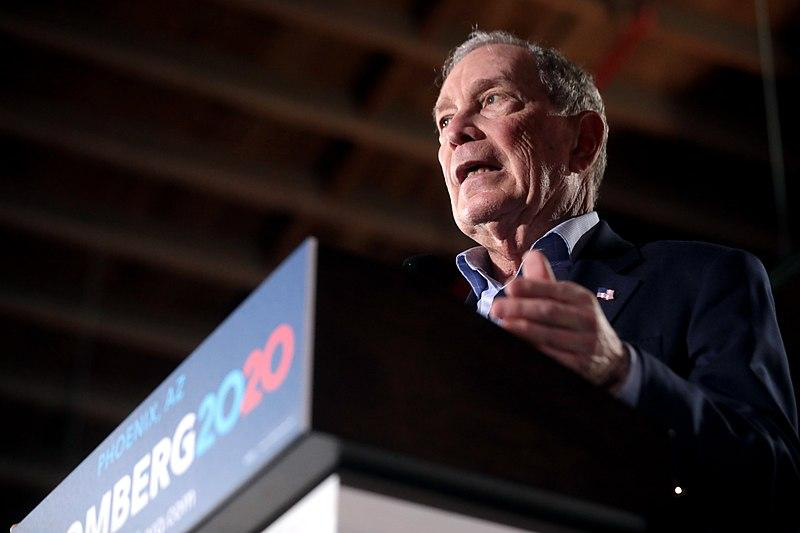
TL;DR: New York Mayor Michael Bloomberg defends religious liberty and tolerance in a speech highlighting New York City’s past and appealing to its common humanity.
So What? Bloomberg takes on a difficult issue squarely and argues that judging a faith by a few of its alleged adherents is wrong.
After the attacks of 9/11, the people of the United States – and, especially, the city of New York – entered a new and challenging era, mourning the lost lives and struggling with the personal and political implications of terrorism.
Nearly a decade later, after a memorial had been built at the site where the Twin Towers once stood, developers proposed an Islamic community center and mosque two blocks from the World Trade Center tragedy site.
The planned building was quickly dubbed the “Ground Zero Mosque,” and became enormously controversial. Some felt that it was an offense to those who’d lost their lives and their families, an opinion quickly amplified in news columns and on cable networks.
Michael Bloomberg, the city’s mayor, viewed the controversy as unbecoming of the city. New York is home to the largest number of Muslims in the US (roughly 750,000) — hardly the place to lay the blame for the attacks. So here’s what he did.
Bloomberg took an opportunity in his speech at the historical Governor’s Island, with the Statue of Liberty behind him, to stand up for his constituents’ religious freedom – and to use his language to show what it meant to do the right thing.
Using Rhetorical Questions and Taking a Stand
Throughout the speech, which is only seven minutes long, Bloomberg returns to a major point: That freedom of religion is a core principle of the United States, and no one should be judged based on their religious beliefs alone.
In his opening, Bloomberg makes his point clear:
“We’ve come here to Governors Island to stand where the earliest settlers first set foot in New Amsterdam and where the seeds of religious tolerance were first planted.”
Drawing on history and collecting us into a shared past sounds like a story. We’re big on using storytelling elements, but here, Bloomberg not only connects with his listeners but reminds them that there is a shared set of values that we all claim, one of which is religious tolerance.
He then uses that technique again, but jumping forward in time to make a more critical connection:
“It was exactly that spirit of openness and acceptance that was attacked on 9/11, 2001. On that day, 3,000 people were killed because some murderous fanatics didn’t want us to enjoy the freedoms to profess our own faiths, to speak our own minds, to follow our own dreams, and to live our own lives.”
He follows up with another historical example:
“In the mid-1650s, the small Jewish community living in Lower Manhattan petitioned Dutch Governor Peter Stuyvesant for the right to build a synagogue — and they were turned down
[…]In the 1700s, even as religious freedom took hold in America, Catholics in New York were effectively prohibited from practicing their religion — and priests could be arrested. As a result, the first Catholic parish in New York City was not established until the 1780’s.”
All of this builds up to a rhetorical question Bloomberg asks his audience:
“Should the government attempt to deny private citizens the right to build a house of worship on private property based on their particular religion?”
In classical rhetoric, there is a logical structure called the enthymeme. Aristotle identified the enthymeme as a logical argument in which one or more premises are left unstated, with the idea that the audience will “fill in the gaps.”
As you might imagine, setting up an audience to “fill in the blanks” is rhetorically powerful. By setting up a series of propositions about religious freedom (in a historical context), he invites the listeners to provide their answers regarding contemporary Muslims in post-9/11 New York.
Bloomberg carefully chooses examples from two other major religions so the audience can see these truths in other belief systems. It’s a way to build inclusion and shift the view of audience members who may oppose the mosque.
Building Community: Everyone Means Everyone
 Photo Credit: Gage Skidmore
Photo Credit: Gage Skidmore
Building on that, Bloomberg also carefully uses inclusive language and examples throughout his speech. He states in the opening that everyone who lives in New York is a New Yorker:
“Our doors are open to everyone… And whether your parents were born here or you came yesterday, you are a New Yorker.”
Part of this is giving his due to his audience: He spoke to religious leaders from across the city, who worked with its diverse population in several ways. However, you’ll find inclusive language throughout the speech to bring everyone listening into the fold. He’s careful to use “we” and “our” and to include the city’s Muslims and himself, in lines such as:
“Let us not forget that Muslims were among those murdered on 9/11 and that our Muslim neighbors grieved with us as New Yorkers — and as Americans. We would betray our values and play into our enemies’ hands if we were to treat Muslims differently than anyone else.”
That inclusion extends to those on the other side of the debate. Bloomberg is careful to make clear that he respects the views of people who disagree with him. Again, this is established early in the speech:
“We may not always agree with every one of our neighbors. That’s life and it’s part of living in such a diverse and dense city. But we also recognize that part of being a New Yorker is living with your neighbors in mutual respect and tolerance.”
Bloomberg lays out the difficulties some have had, not simply dismissing them. Towards the end of his speech, he notes the mosque’s future leaders are planning to build an interfaith outreach center, and he hopes that it will help people struggling with the fallout of the attacks find a little peace.
He closes by noting that controversies fade but that principles don’t:
“…our values and our traditions endure — and there is no neighborhood in this city that is off limits to God’s love and mercy, as the religious leaders here with us can attest.”
Calling On Shared History and Values to Speak to Tolerance
While Bloomberg’s support was welcomed, the community center struggled in the end. It’s a condominium building, with a mosque planned but not yet built in the parcel. Still, that Bloomberg spoke out to defend the right to build it is a good reminder of the importance of religious tolerance and freedom and how it can help heal a community’s wounds.
For communicators, the key lessons to draw from Bloomberg’s speech are that shared history and values can help marketers lead an audience where they want them to go… but it’s even more powerful to call upon those values to let your audience come to the right choice themselves.
If you need help crafting effective communication for your target audience, Media Shower wants to use our expertise for your benefit. Get a free trial and find out for yourself.
